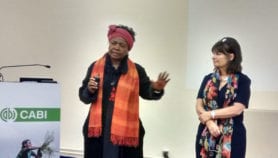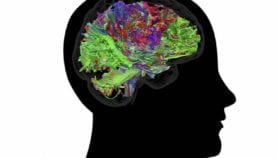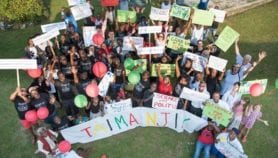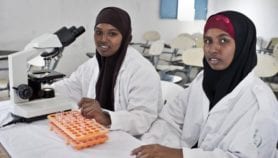Send to a friend
The details you provide on this page will not be used to send unsolicited email, and will not be sold to a 3rd party. See privacy policy.
Scientists must join the global effort to realise human rights, say Leonard Rubenstein and Mona Younis.
Scientific expertise is indispensable to upholding human rights. For example, forensic exhumation of mass graves can reveal evidence of crimes against humanity, satellite imagery can show the destruction of communities in remote locations, and DNA evidence can help free wrongfully convicted prisoners.
They suggest that the scientific community can give the much-neglected right to "share in scientific progress and its benefits" better visibility. Scientists must recognise that human rights are not vague aspirations, but specific obligations of government. And they must use their influence as respected members of society to ensure that governments uphold them.
Many scientists believe that such involvement in human rights is too "political", say the authors. But, they add, scientific traditions of impartiality, rigorous analysis and peer review are all compatible with human rights.
More on Networks

Script media release
Journalists offered ‘big break’ mentoring opportunity from Radio Nigeria
03/04/19












